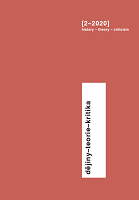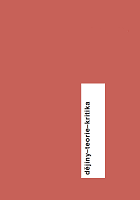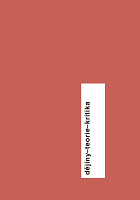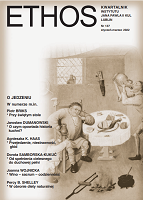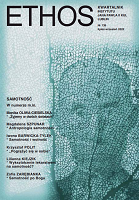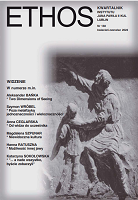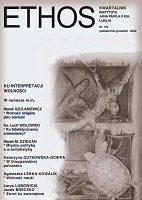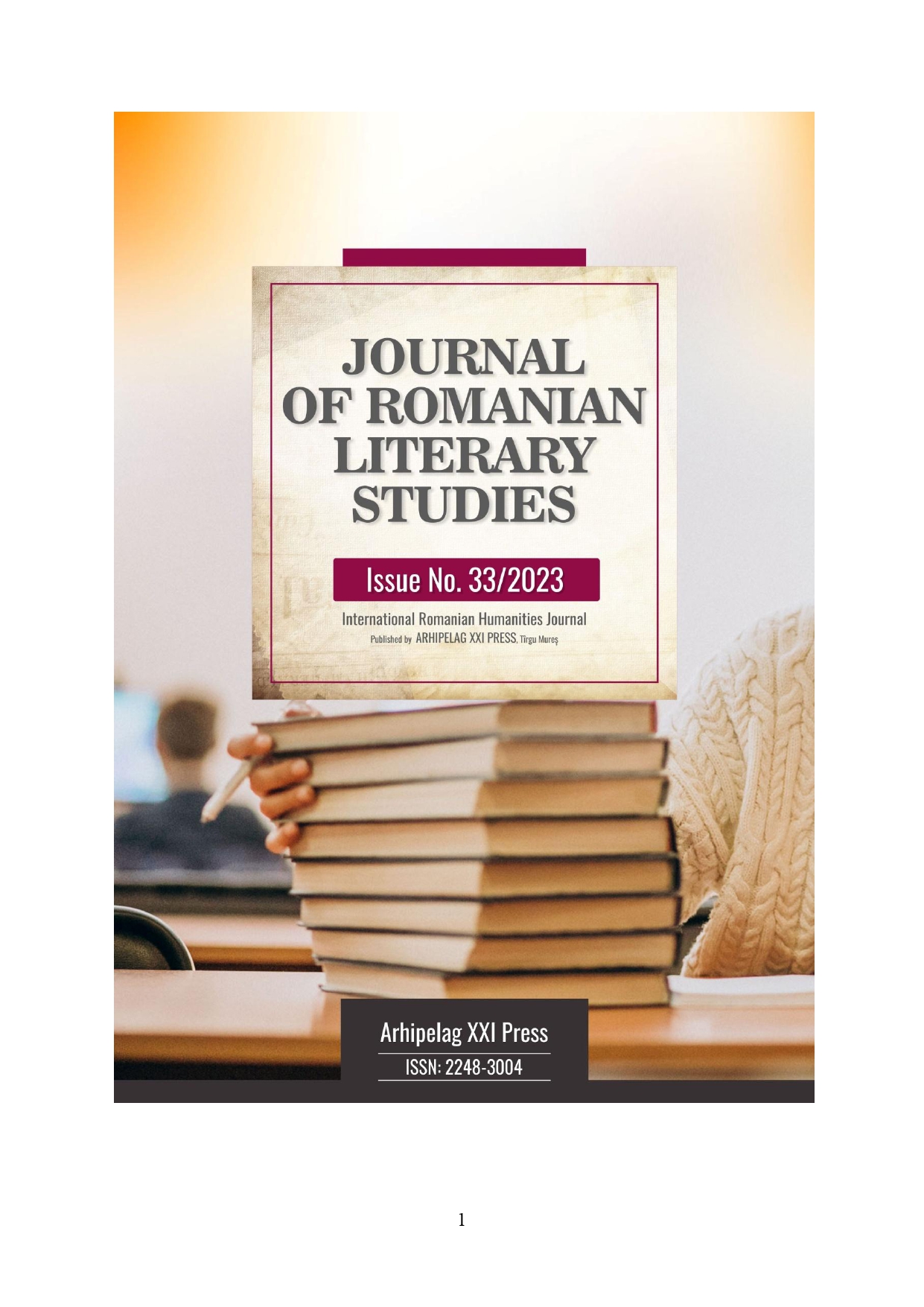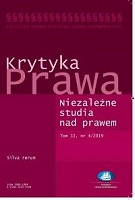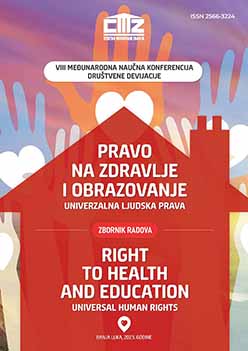
OSNAŽIVANJE MLADIH ZA AKTIVNO I SIGURNO UČEŠĆE U MEDIJSKOM OKRUŽENJU
Media education is one of the basic human rights of each individual and it allows for critical thinking about the media messages and content, as well as developing creativity and awareness about it. It promotes the idea of social responsibility in regards to privacy, safety and each individual's dignity. Taking into consideration the importance of media education, this paper aims to provide media education for youth and develop their media competences to safely use the media landscape. Therefore, the paper aims to determine the knowledge, skills and attitudes which students of teacher training student programs at University of Sarajevo have about media. The importance and values of media education and media competences for every individual are determined through are view and analysis of recent and relevant literature. Thereafter, training for the students was organized commemorating the Global Media and Information Literacy Week. Within the training, the students explored the key features of media education, media rights and responsibility. Afterwards they were challenging the role of media in regards to youth and children's interests, and analyzing the media content for people with disabilities. At the end of the training, the students created info graphics in which they presented their key conclusions. The info graphics is published on the official digital platform Medijska i informacijska pismenost. Evaluation of the training pointed to the utmost necessity of investigating the knowledge, skills and attitudes of students of teacher training student programs at University of Sarajevo. The results show that the students, the future teachers, recognize media education as one of the basic human rights and that the safe use of media is one of the skills of media competences. They underlined that media education is an important tool in promoting critical thinking about media content and messages. Having followed media content, the students recognized that the creators of media content present children with disabilities in a way which induces pity in media consumers. Therefore, we emphasize using education to prepare children and youth to constructively and effectively use media and its potential.
More...
